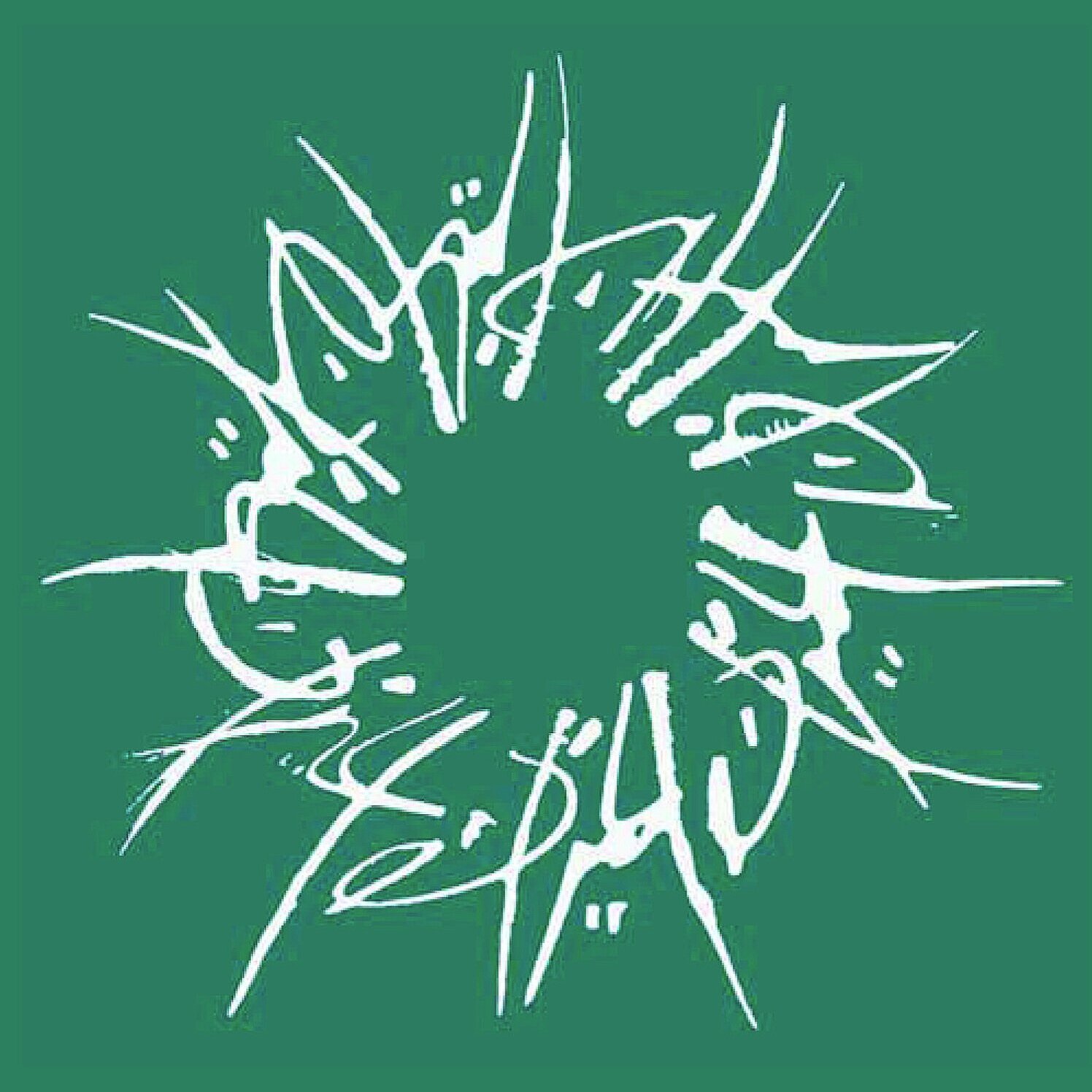The majority of
adjectives in Gəʿəz, as in other Semitic languages, are verbal participles. A
smaller number are denominal. They appear in a few different patterns and I’ve
explained these patterns further below. Adjectives always reflect the number,
gender and case of the nouns they modify and all the patterns follow, more or
less, the following scheme:
2. Another adjectival pattern is characterized by an /-ā/ on the first radical, so: ቃትል (qātəl). The ordinal numbers appear in this pattern (ኃምስ xāməs = fifth), which inflects quite simply:
M
|
F
|
|
Sng.
|
- / -
|
-ት / -t
|
Pl.
|
-ኣን / -ān
|
-ኣት /-
āt
|
[If have difficulty viewing the Gəʿəz script on your browser, you may view this blog entry by clicking here.]
As in other Semitic languages, adjectives usually
adjectives appear after the noun(s) they modify, so:
ሐነጹ፡ንጉሥ፡ምሁር፡ወአግብርቱ፡ጠበብት፡ሀገረ፡ሠናይተ፡ለካህናት፡ጻድቃን።
|
ḥeneṣu nəguš məhur waʾagbərtu ṭababt hagara šannāyta
lakāhnāt ṣādəqān //
|
The learned king, and his skilled servants, built a beautiful city for the pious
priests.
|
ዴገነት፡ንግሥትነ፡ክብርት፡ሊቃነ፡ዕልዋነ፡ወእሙንቱ፡ጐዩ፡ብሔረ፡ባዕደ።
|
deganat nəgəštna kəbərt liqāna ʿələwāna
waʾəmuntu gʷayyu bḥera bāʿəda //
|
Our mighty queen pursued the rebellious elders and they fled to another land.
|
Similarly, cardinal /
ordinal numbers and some quantifying adjectives generally precede the noun(s)
they modify.
ቀለመ፡ብዙኃነ፡መጻሐፍተ፡ወተርጐመ፡ጸሓፊሁ፡ክታቦ፡ቅዱሰ፡ለካልእተ፡ልሳነ።
|
qalama bəzuxāna maṣāḥəfta watargʷama ṣaḥāfihu kətābo qəddūsa lakālʾəta
ləsāna //
|
He authored many books and his
scribe translated his sacred writing into another language.
|
And, as you would expect, adjectives are also fully functioning nouns. They can thus appear as predicates
or in the construct state:
ራትዕ፡ነቢይክሙ።ኢራትዓን፡አንትሙ።እኩያነ፡ለብ፡ወነዳያነ፡መንፈስ፡አንትሙ።
|
rātʿə nabiykəmu // ʾirātʿān ʾantəmu // ʾəkuyāna
ləbb wanaddāyāna manfas antəmu //
|
Your prophet is righteous. You all are not righteous. You all are evil of heart and poor of spirit.
|
ADJECTIVAL PATTERNS
1. The most frequently
appearing adjectival pattern is characterized by
an /-u/ on the second radical, so: ቅቱል (qətul) from B-verbs; ቅቱል (qəttul) from
D-verbs and ቁቱል (qutul) from L verbs. Note that the –u is absent in the feminine
singular inflection:
መሀረ mahara = to teach :
ምሁር məhur = educated / learned
M
|
F
|
|
Sng.
|
ምሁር
|
ምህርት
|
məhur
|
məhərt
|
|
Pl.
|
ምሁራን
|
ምሁራት
|
məhurān
|
məhurāt
|
ነጸሐ naṣaḥa = to be pure :
ንጹሕ nəṣuḥ = pure / innocent / sincere
M
|
F
|
|
Sng.
|
ንጹሕ
|
ንጽሕት
|
nəṣuḥ
|
nəṣəḥt
|
|
Pl.
|
ንጹሓን
|
ንጹሓት
|
nəṣuḥān
|
nəṣuḥāt
|
ሰበሐ sabbaḥ = to praise :
ስቡሕ səbbuḥ = honorable / glorious / praised
M
|
F
|
|
Sng.
|
ስቡሕ
|
ስብሕት
|
səbbuḥ
|
səbbəḥt
|
|
Pl.
|
ስቡሓን
|
ስቡሓት
|
səbbuḥān
|
sebbuḥāt
|
Slight phonetic change accommodates roots that end with a -የ or a -ወ, so:
ሠነየ šannaya = to be beautiful :
ሥኑይ šannuy = adorned / decorated
M
|
F
|
|
Sng.
|
ሥኑይ
|
ሥኒት
|
šannuy
|
šannit
|
ለበወ labbawa = to understand :
ልብው ləbbəw = wise / prudent
M
|
F
|
|
Sng.
|
ልብው
|
ልቡት
|
ləbbəw
|
ləbbut
|
2. Another adjectival pattern is characterized by an /-ā/ on the first radical, so: ቃትል (qātəl). The ordinal numbers appear in this pattern (ኃምስ xāməs = fifth), which inflects quite simply:
ረትዐ ratʿa = to be righteous :
ራትዕ rātəʿ = righteous / just
M
|
F
|
|
Sng.
|
ራትዕ
|
ራትዕት
|
rātəʿ
|
rātəʿt
|
|
Pl.
|
ራትዓን
|
ራትዓት
|
rātəʿān
|
rātəʿāt
|
ብዕለ bəʿla = to be / become wealthy
:
ባዕል bāʿəl = rich / wealthy
M
|
F
|
|
Sng.
|
ባዕል
|
ባዕልት
|
bāʿəl
|
bāʿəlt
|
|
Pl.
|
ባዕላን
|
ባዕላት
|
bāʿəlān
|
bāʿəlāt
|
3. The third
adjectival pattern includes few, albeit important, adjectives and is
characterized by a /-i/ on the second radical, so: ቀቲል (qatil)
from B-verbs and ቀቲል (qattil) for D-verbs. Note
that the feminine form does not contain a /-t/ and that there is a common
plural form:
ሐደሰ ḥaddasa = to restore :
ሐዲስ ḥadis = new
M
|
F
|
|
Sng.
|
ሐዲስ
|
ሐዳስ
|
ḥadis
|
ḥadās
|
|
Pl.
|
ሐደስት
|
|
ḥadast
|
||
ዐብየ ʿabya = to enlarge :
ዐቢይ ʿabiy = large
M
|
F
|
|
Sng.
|
ዐቢይ
|
ዐባይ
|
ʿabiy
|
ʿabāy
|
|
Pl.
|
ዐበይት
|
|
ʿabayt
|
||
4. The fourth adjectival
pattern contains a characteristic doubling and elongation of the second radical,
so: ቀታል (qattāl).
Note that this form resembles the f. sing. form in the previous pattern.
ኄረወ xerawa = to be good :
ኄር xer = good
M
|
F
|
|
Sng.
|
ኄር
|
ኄርት
|
xer
|
xert
|
|
Pl.
|
ኄራን
|
ኄራት
|
xerān
|
xerāt
|
ሠነየ šannaya = to be beautiful :
ሠናይ šannāy = beautiful
M
|
F
|
|
sng.
|
ሠናይ
|
ሠናይት
|
šannāy
|
šannāyt
|
|
pl.
|
ሠናያን
|
ሠናያት
|
šannāyān
|
šannāyāt
|
5. Gəʿəz also derives adjectives from nouns. Whereas a few denominal adjectives
have idiosyncratic patterns, e.g. ዐብድ ʿabd = ignorant, from ዐብድ ʿabd = a fool, most denominal
adjectives are formed with the suffix –āwi or –āy.
ዓለም ʿālam = the world :
ዓለማዊ ʿālamāwi = worldly
M
|
F
|
|
Sng.
|
ዓለማዊ
|
ዓለማዊት
|
ʿālamāwi
|
ʿālamāwit
|
|
Pl.
|
ዓለማዊያን
|
ዓለማዊያት
|
ʿālamāwiyān
|
ʿālamāwiyāt
|
መንፈስ manfas = the spirit / the essence :
መንፈሳዊ manfasāwi = spiritual
M
|
F
|
|
Sng.
|
መንፈሳዊ
|
መንፈሳዊት
|
manfasāwi
|
manfasāwit
|
|
Pl.
|
መንፈሳዊያን
|
መንፈሳዊያት
|
manfasāwiyān
|
manfasāwiyāt
|
